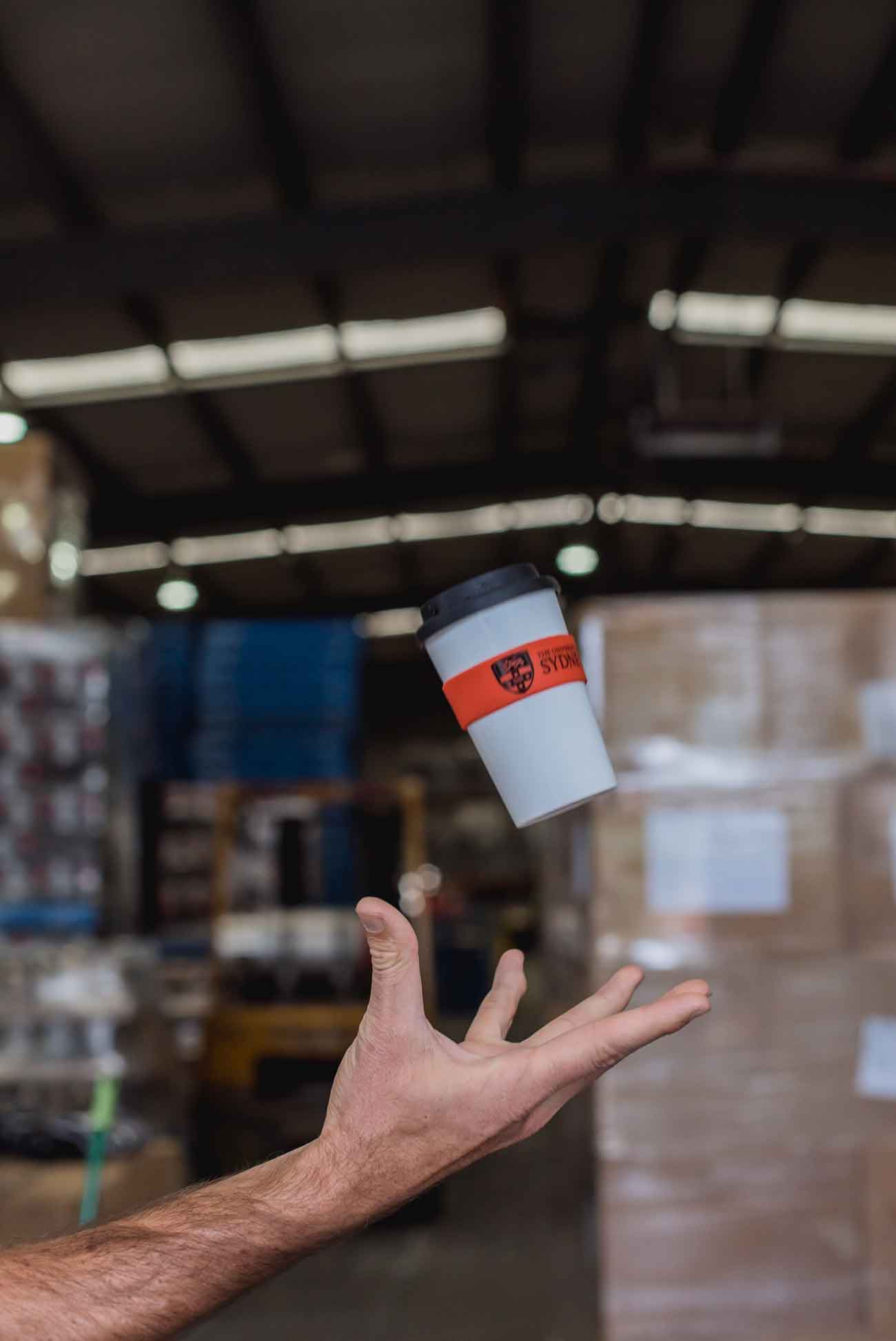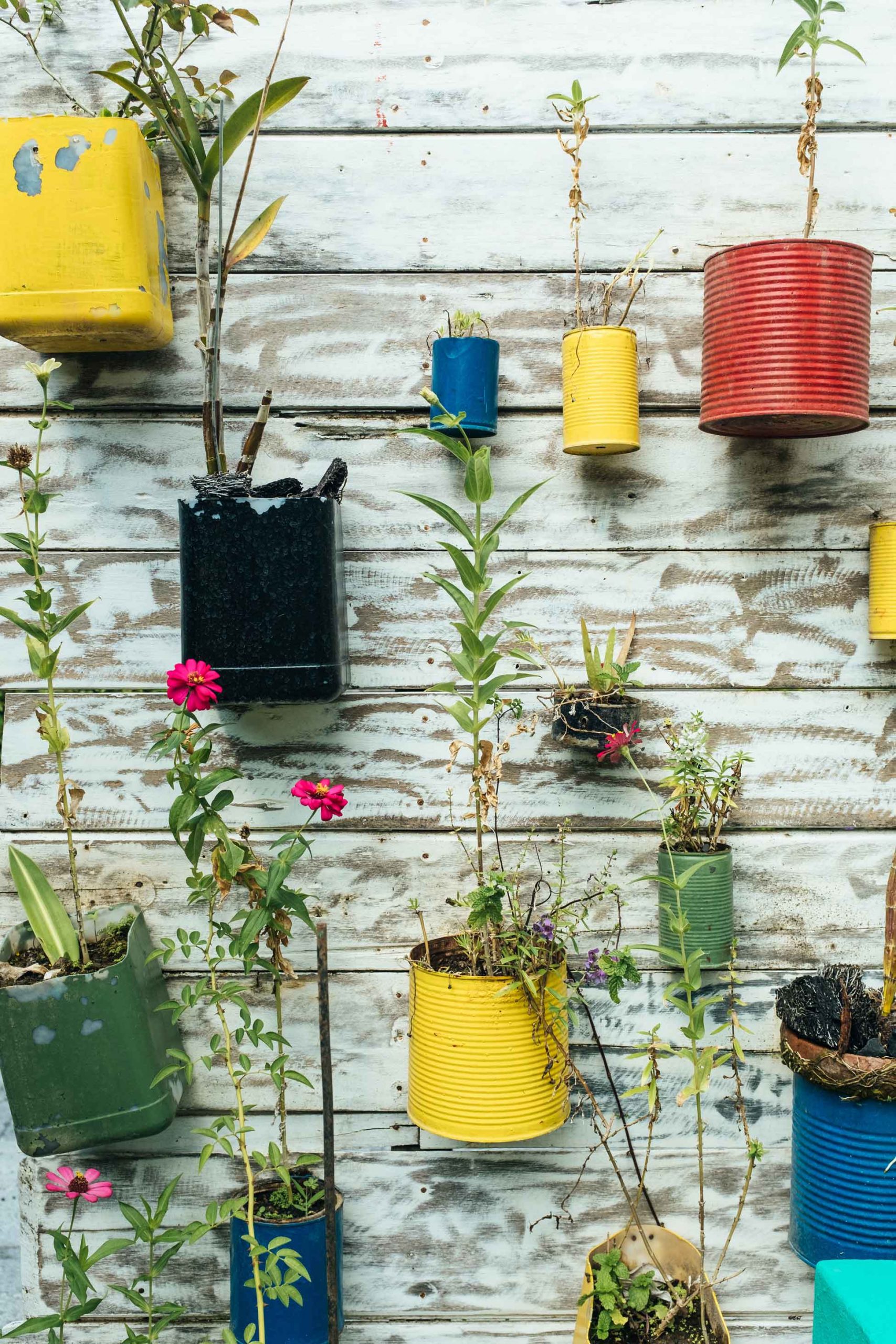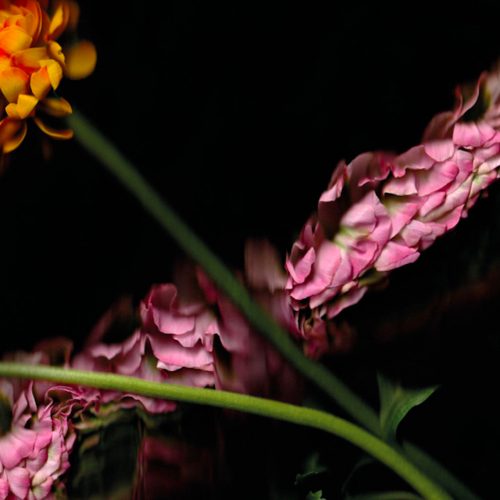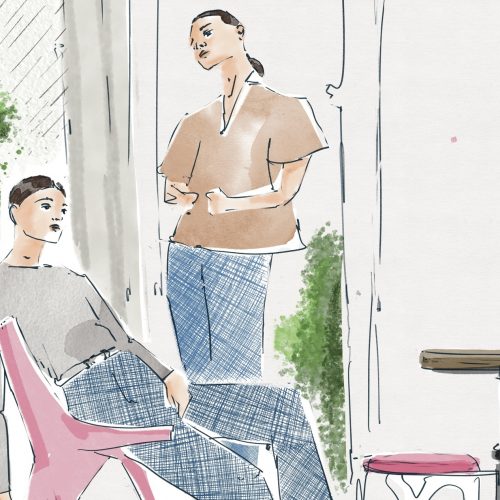How To Make Your Recycling Count
Many people who want to become more eco-friendly often think, "Is my recycling effort really going to make an impact on the world?" The answer is, most definitely, yes.
We've always been told that recycling is a great way to be eco-friendly and live sustainably, however, if you're confused about what you can and can't recycle, you're not alone. Did you know that rules of recycling differ from business to business, city by city, and even government by government? Depending on where you're located in the world, the rules of recycling may be different than you assumed.
9 out of 10 people say they would recycle "if it were easier." The truth is recycling can be confusing. Knowing what you can and can't recycle plays a huge part in ensuring that your materials will be recycled and contribute to the planet in a helpful, sustainable way. So, here's what you need to know.

SOMETIMES MATERIALS WITH A RECYCLING LABEL AREN'T ALWAYS RECYCLABLE
Coffee cups, plastic bags, and Styrofoam cups are just a few products that tend to have the recycling symbol on them but are not always 100% recyclable. This is because, where one product can be recycled, the same product in a new location cannot. Believe it or not, location matters when it comes to recycling.
Say you purchase a cup of coffee in central New York City, ride the subway uptown, and throw it in a recycling bin where you got off the subway. More often than not, that uptown recycling program may not be able to recycle the cup you purchased in the city. One great solution to this problem, however, is to make yourself aware of your local city's recycling practices and laws. Knowing where you can recycle makes a huge difference in your sustainable efforts.
Wondering where you can find out how and where you can drop off your recyclables? Check out these sites to locate a recycling program near you:
RecycleNow – Find local recycling programs worldwide. Search by location.
Terra Cycle – Social enterprise program dedicated to reducing waste. Perfect for recycling more than plastic and paper.
YOU CAN'T RECYCLE CONTAMINATED ITEMS
So what exactly can we recycle? Uncontaminated paper and plastic.
Most people believe that any paper and plastic can be recycled but if it's contaminated with other waste, it won't contribute to the clean recycling process that most programs and materials go through. For example, a pizza box is made of cardboard which is made of paper. However, if there's tomato sauce, cheese, and grease stuck to the cardboard box, it will no longer be recyclable. The oil from the grease is often damaging to paper which is why it makes stained pizza boxes difficult to recycle. There are, however, locations across the US that have figured out how to recycle stained pizza boxes, but unless you know for sure your city can do so, grease-free boxes are the way to go.
MYTH: Tissue, napkins, and paper plates are all made of paper, but cannot be recycled. The thin fibers that make up their material are often difficult to recycle and make into something new.
DOES RINSING OUT BOTTLES AND CANS CONTRIBUTE TO WATER WASTE?
Before recycling any type of plastic bottle or container, make sure it is completely empty. A half-full plastic bottle of Gatorade that's placed in one recycling bin has the potential to spill and contaminate the rest of the items in the bin, making the entire bin unfit for recycling. Ensuring that your bottle is empty as well as rinsing it out as much as you can will help to to keep contamination of other recyclables to a minimum. However, a major question that many people ask is, "Is it worth it to recycle the products if we're just wasting more water to rinse it out?"
Truthfully, rinsing out bottles and cans does contribute to more waste and water consumption, but if you're conscious of the way you preserve water, then your efforts will make your recycling worth it. In TreeHugger's latest article on rinsing and recycling, they break down exactly how you can carefully wash out recyclable bottles and cans without leaving your faucet running or wasting fresh water.
Improving the way you rinse by not using hot water, using a brush to scrub off dirt, sugar, and food rather than water pressure, and using them as compost rather than washing them down the drain are all little efforts that make your recycling that one bottle less harmful to water waste and more friendly to the environment. When applying this method, you'll reduce the amount of water you use. Doing the same thing for washing dishes can also help decrease your water consumption too!

WHAT TO DO WITH COSMETIC PLASTIC CONTAINERS?
The cosmetics industry is one of the largest contributors to waste, but that doesn't mean makeup lovers still can't do something positive for the environment. Recycling empty eyeshadow palettes made of cardboard or plastic can help the environment! Even empty and rinsed clean shampoo plastic bottles can be recycled. Be careful of small beauty products such as tiny, singular eyeshadow holders. Even when rinsed out, tiny items can halt the recycling process so it's always best to keep in mind the size of your recyclables too.
IS RECYCLING EVEN WORTH IT?
There's no question that we're undergoing a global waste crisis. According to Green Recycling in the UK, they - as one recycling company - handle up to 12 tonnes of waste every hour. Imagine that applied to all the recycling programs across the globe.
There have been government programs that try to reduce the amount of waste that is processed, thrown out, or recycled, but as China's 2018 National Sword Policy showed, closing a country's borders to how much waste they can process doesn't reduce the amount of waste. It simply puts the waste somewhere else. In the US, recyclables are often sent overseas to places like China to be recycled. It's because of statistics like these that make people wonder whether recycling is eco-friendly at all.
Often, what happens to your recyclables isn't up to you. It's up to your government and where and when they end up recycling materials. Though this discourages many people from recycling at all, Green America still reports that using recycled materials to create something new is still always better than using virgin materials stolen from forests or below the ground. "There are substantial benefits to swapping virgin materials, extracted through mining and deforestation, with using recycled equivalents," they explain.
So is your recycling worth it? Yes. It may sound like recycling plays such a small role in the Earth's bigger picture, but the substantial benefits mentioned by Green America are things like reducing greenhouse gas emissions, optimizing renewable energy, and leaving homes and habitats of animals in all environments untouched for human use.
RECYCLING STILL MAKES A DIFFERENCE
The coronavirus pandemic has, unfortunately, increased the amount of plastic that people are using all over the world. With restaurants shut down, more and more people are ordering to-go food served in plastic containers and delivered in plastic bags – and yet, not all hope is lost. Environmental leaders from production to fashion are currently working on alternatives to plastic to reverse the contributions to waste that 2020 year brought.
The great news is that you have no reason to wait on leaders to invent new things because you can choose to recycle right now. What and how you recycle does make a difference, so don't underestimate the power of the individual and what collective-individual effort can do to help heal our planet.

+ Words: Erica Danielle Garcia, Contributor at Luxiders Magazine
Erica Danielle Garcia is a writer and journalist from Los Angeles whose work explores topics in culture, politics, and representation in music through sociocultural, intersectional, and environmental lenses. Instagram: @ericadanlle




